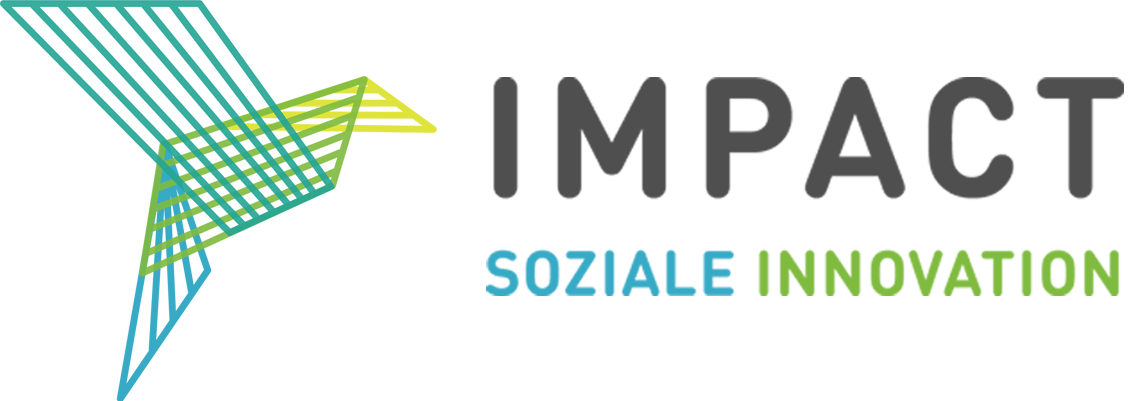Sharing instead of owning is one of the major trends in modern (business) life. By changing how people consume, the rise of the sharing economy has the potential to redefine the role of owners, consumers and producers, change their mode of transaction, create innovative business models, disrupt existing industries and challenge political as well as regulative institutions. In line with these different practical implications, the sharing economy is attracting a great variety of research and researchers from different backgrounds and disciplines, including strategic management, organization theory, information systems, political science, sociology, economic geography, business history and others.
The aim of this workshop is to bring together research and researchers from different backgrounds and disciplines in order to
- gain a better understanding of each perspective, its peculiarities, research focus and main insights as well as the blind spots related to each perspective;
- stimulate academic discourse across perspectives, identify commonalities and differences as well as areas of complementarities;
- develop a comprehensive picture and common understanding of the sharing economy phenomenon.
We invite paper contributions that are grounded in different disciplines, including strategic management, organization theory information systems, political science, sociology, economic geography, business history and others. We especially encourage junior researchers to submit their work. Paper contributions can be conceptual, methodological or empirical and may include (but are not limited to) the following perspectives and questions:
- From a strategic perspective: How do business entrepreneurs as well as established companies create and discover opportunities in the sharing economy? What are the types and components of business models in the sharing economy? What are the implications for competitive strategies?
- From an organization theory perspective: What are the new forms of organizing and coordinating sharing, bartering or lending? How can organizations deal with blurred organizational boundaries and shifting roles between owners, consumers and producers?
- From an information systems perspective: What are socio-technical enablers and constraints of the sharing economy? What are effective mechanisms for coordinating sharing in digitally mediated two-sided markets? What leads to the adoption and diffusion of shared goods in digital environments? How are online data captured and used for value creation? How can data security and privacy be ensured?
- From a historical perspective: What are the common features of and differences between historic and modern sharing models? What can we learn from the tragedy/comedy of the commons?
Research Workshop Convenors:
Gernot Grabher, HafenCity University Hamburg, Germany [gernot.grabher@hcu-hamburg.de]
Johanna Mair, Hertie School of Governance, Germany / Stanford University, USA [mair@hertie-school.org]
Indre Maurer, Göttingen University, Germany [indre.maurer@wiwi.uni-goettingen.de]
Achim Oberg, University of Mannheim, Germany / Wirtschaftsuniversität Wien, Austria [oberg@ifm.uni-mannheim.de]
Daniel Veit, Augsburg University, Germany [ daniel.veit@wiwi.uni-augsburg.de]
Submissions and Deadlines:
Deadline for submission of short paper: July, 31st, 2016
Shortpapers (2500-3000 words) should present the topic, theoretical perspective, research methods, expected results, and theoretical contribution. Please submit a short paper to Indre.Maurer@wiwi.uni-goettingen.de or to oberg@ifm.uni-mannheim.de.
Deadline for confirmation of authors: August, 15th, 2016
Registration: September, 5th, 2016 (Note: Researchers who will not present a paper at the workshop are also warmly invited to register and attend!)
Deadline for full paper submission: September, 16th, 2016
Paper presentation: October, 4th, 2016, 2pm to 6pm
Participants are invited to also attend the i-share Symposium on October, 5th, 2016, 10am to 4pm
Further information: http://www.i-share-economy.org/home/zweites-i-share-symposium


